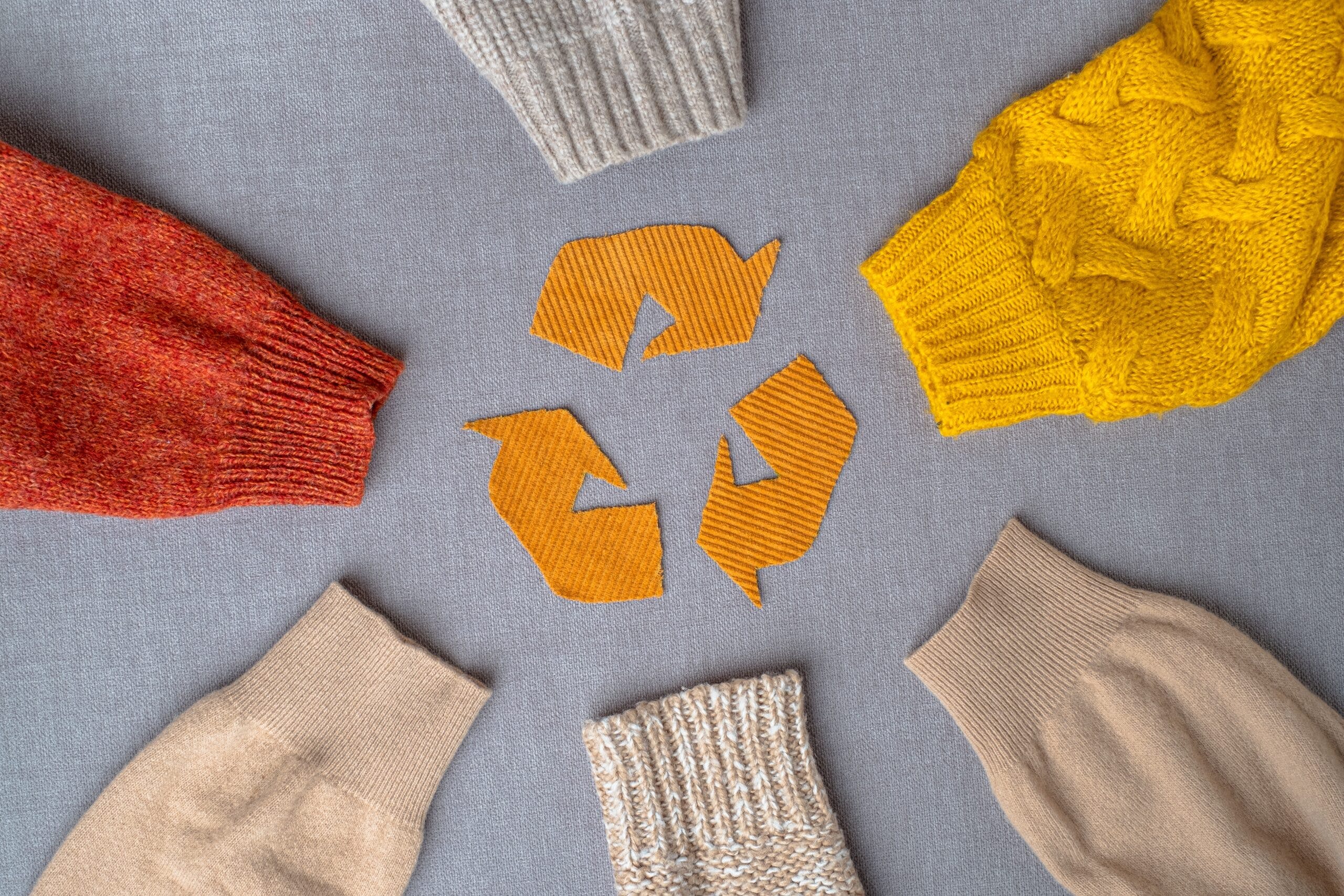
QAnon: The other pandemic
In the darker recesses of the internet, the QAnon phenomenon thrives. Rooted in an almost messianic dedi...

Increasing ethical and environmental concerns around prevailing ‘fast fashion’ brands such as Zara, H&M Group, GAP, and Primark have led to many eco-conscious shoppers turning their attention to more sustainable fashion outlets and brands. And this is no small switch. The sustainable fashion market is expected to grow from its current US$7.6 billion valuation to US$10.3 billion by 2026, according to research aggregator Research And Markets.
Sustainable fashion is more than just creating more environmentally friendly textiles and products. It describes a more wholly positive, end-to-end supply chain built on fair working conditions, social justice, animal welfare, and ecological protection. This doesn’t just apply to new clothing, but also to creating a resale and trading market for existing garments.
There are many advantages to supporting sustainable fashion projects, including more durable items of clothing leading to fewer resources needed to produce requisite lines. Also, smaller-scale, greater-sustainable brands need custom to compete with larger, unsustainable operators.
But we wanted to see if these pros translate, and gather people’s thoughts on sustainable fashion. So, we reached out to Web Summit’s women in tech community with a survey to see what they think about the trend dominating the fashion world. Here are the findings:
 Statistic on sustainable fashion. Image: https://websummit.com/
Statistic on sustainable fashion. Image: https://websummit.com/
Responding to the question “How do you feel about sustainable fashion?” 68.6 percent said they supported the concept but it wasn’t their priority when shopping. This was more than those at either end of the spectrum of responses, 15.7 percent of whom said they only buy eco-friendly clothing and 3.9 percent of whom said sustainable fashion doesn’t cater to their needs.
Sustainable fashion is clearly an important factor when purchasing clothes, but brand loyalty, price point, and style may be more influential factors at the checkout.
When asked if they had made changes to their fashion to be more sustainable, most (78.4 percent) of our community had. These changes included:
Other notable responses included repurposing clothes already in their wardrobe, or simply buying fewer clothes.
 Statistic on sustainable fashion. Image: https://websummit.com/
Statistic on sustainable fashion. Image: https://websummit.com/
When asked how important it is for fashion brands to be environmentally responsible, there was one resounding answer: ‘very’. A huge 96.1 percent of respondents said it was very important or somewhat important for fashion brands to keep sustainable practices in mind.
In this question, respondents had the option to include an ‘other’ response. One of the more interesting responses received was when one member of our women in tech community noted: “Fashion is one of the worst offenders [for environmental responsibility], but society wants variety in their clothing. They’re [the fashion industry] responding to the market.”
Last but not least, members of our women in tech community were asked for their favorite sustainable fashion brands. The responses were varied, but the list of brands included:
Women’s clothing brand Reformation, outdoor wear company Patagonia and online marketplaces Vinted and Depop were most regularly cited as the favorites. Respondents also noted charity organisations, such as Oxfam and Saint Vincent de Paul Society, as good sources for second-hand clothing.
Main image of sustainable fashion clothing: HalynaRom/Shutterstock

In the darker recesses of the internet, the QAnon phenomenon thrives. Rooted in an almost messianic dedi...

Where can people access quality reporting? What is the future of...